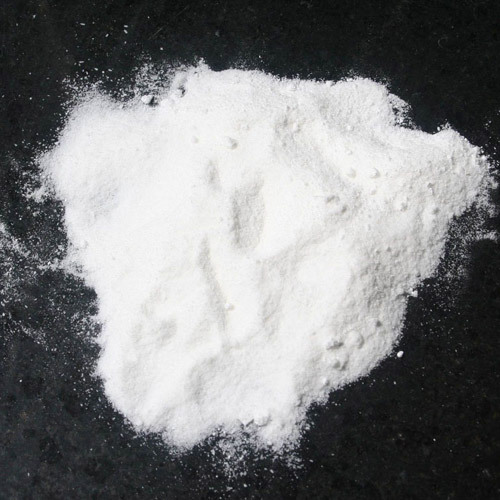
Introduction to Colloidal Microcrystalline Cellulose Powder
Colloidal microcrystalline cellulose (MCC) is a modified form of microcrystalline cellulose, derived from plant fibers through acid hydrolysis. This process enhances its crystallinity and surface area, making it ideal for various applications, particularly in water-based systems. Colloidal MCC is a co-processed combination of microcrystalline cellulose and sodium carboxymethylcellulose (CMC), which allows it to disperse in water, forming a stable network structure. This unique property enhances its suspending and stabilizing capabilities, making it a valuable ingredient in industries such as pharmaceuticals, food, cosmetics, and paints.
These properties make colloidal MCC a versatile material for creating stable suspensions and emulsions in water-based formulations.
Production Process of Colloidal MCC
The production of colloidal MCC involves co-processing MCC with water-soluble polymers like sodium carboxymethylcellulose (CMC) using proprietary technologies. This process prevents the re-aggregation of MCC particles during drying, allowing them to be easily re-dispersed in water. The combination of MCC and CMC is available in different ratios and viscosities to meet specific application requirements. This tailored approach ensures optimal performance in various industries.
1. Pharmaceuticals
Colloidal MCC is widely used as a stabilizer, suspending agent, thickener, and emulsifier in pharmaceutical formulations. Its ability to form stable suspensions makes it ideal for liquid medications and controlled-release tablets.
2. Food Industry
In the food industry, colloidal MCC acts as a texture modifier, stabilizer, and emulsifier. It is commonly used in beverages, dairy products, and baked goods to improve texture and shelf life.
3. Cosmetics
Colloidal MCC is utilized in creams and pastes as a thickener and emulsifier. It enhances the texture and spreadability of cosmetic products while maintaining stability.
4. Paints and Coatings
In waterborne paint systems, colloidal MCC acts as a stabilizer and dispersing aid. It improves pigment dispersion without significantly increasing viscosity, ensuring smooth application and durability.
For a 25 kg quantity, the estimated cost could range from ₹3,750 to ₹5,000, depending on the supplier and specific requirements. However, exact pricing for colloidal MCC is less commonly available due to its niche applications.
Market Trends for Colloidal MCC
The global market for colloidal MCC is growing rapidly, driven by its versatility across industries. In 2022, the market size was valued at USD 1.5 billion and is projected to reach USD 2.8 billion by 2030, growing at a CAGR of approximately 9% from 2026 to 2033. This growth is fueled by increasing demand for sustainable and multi-functional materials in pharmaceuticals, food, and cosmetics.
Colloidal microcrystalline cellulose is a versatile and sustainable material with a wide range of applications across industries. Its ability to form stable suspensions and emulsions makes it an essential component in pharmaceuticals, food products, cosmetics, and coatings. As the market continues to grow, the demand for colloidal MCC is expected to increase, driven by its unique properties and environmental benefits. With its renewable sourcing and multi-functional capabilities, colloidal MCC is poised to play a critical role in the future of sustainable material science.
Silva, L.S.; Lima, L.C.B.; Silva, F.C.; Matos, J.M.E.; Santos, M.R.M.C.; Santos Júnior, L.S.; Sousa, K.S.; da Silva Filho, E.C. Dye anionic sorption in aqueous solution onto a cellulose surface chemically modified with aminoethanethiol. Chem. Eng. J. 2013, 218, 89–98. [Google Scholar] [CrossRef]